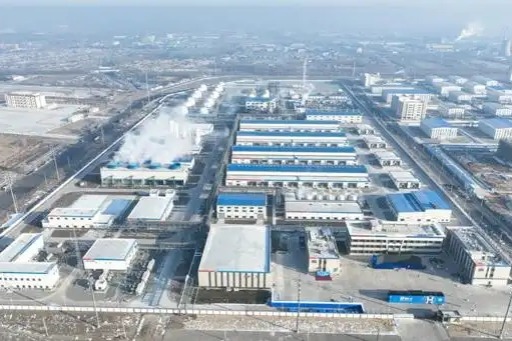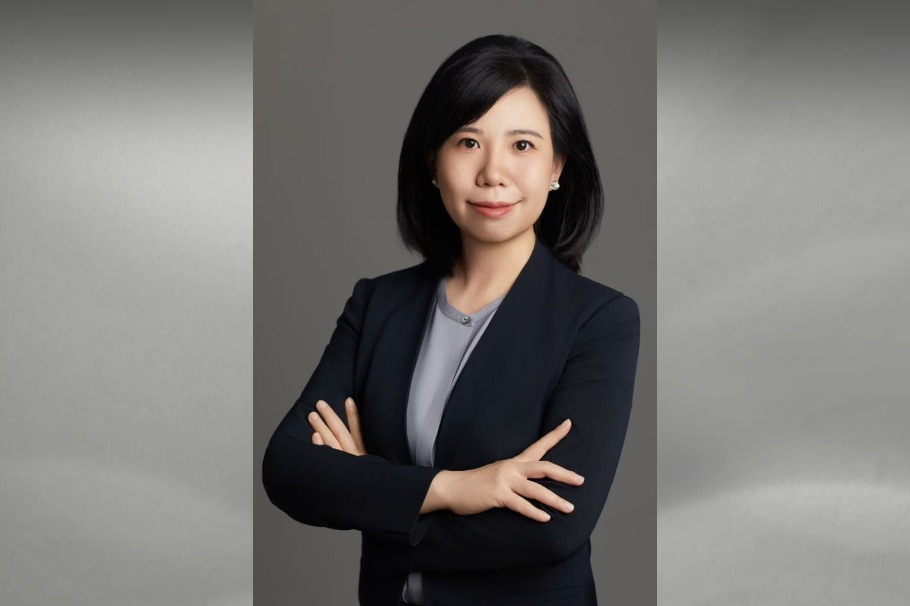Xi offers SAR workable solutions to problems

David Wong welcomes president's clear message and hopes all groups can work together on pressing issues
The highlight of celebrations marking the 20th anniversary of the establishment of the Hong Kong Special Administrative Region was beyond doubt the three-day visit by President Xi Jinping. The president visited the construction site of the West Kowloon Cultural District and the Hong Kong-Zhuhai-Macao Bridge, officiated at the military parade at the garrison and inaugurated the new chief executive. While all these events were significant, the most noteworthy was his speech at the Hong Kong Convention and Exhibition Centre in Wan Chai on July 1, after the Hong Kong administration led by Chief Executive Carrie Lam Cheng Yuet-ngor was sworn into office. Many key points of the speech were long-standing policies and have been reiterated by various senior mainland officials at different occasions for quite some time. However, some in opposition deliberately ignored them, claiming that the relevant official's views did not reflect those of the central government. As this speech was being delivered by the top State leader to the heads of the HKSAR Government at such a key ceremonial event and broadcast live to all, there should be no doubt that this represents the latest policies and thinking of Beijing.

The speech covered several topics but I believe the central part of his speech was about implementation of "one country, two systems", specifically his four main points. Firstly, he referred to the "one country" principle as the roots of a tree which must run deep and strong to hold the tree stable. This reference is clearly in response to the repeated provocation by the opposition to challenge the central government's authority over the SAR. Opposition parties have long been trying to use "two systems" to resist "one country". In recent years, they have even stepped up their rhetoric and used terms like localism, self-determination and even independence. After all, the Basic Law has already guaranteed Hong Kong a very high degree of autonomy and the repeated use of these inflammatory slogans can only be interpreted as an attack on China's sovereignty. Therefore, Xi had to be very straight-forward with his points when he drew a "red line" for those impermissible behaviors.
Secondly, Hong Kong people are very proud of their tradition of upholding the rule of law. Yet there is a fair amount of resistance to the promotion of the Basic Law. Efforts to promote the Basic Law have always been defamed as brainwashing by many, especially those in the education sector. Granted that it is indeed challenging for students to understand the many articles of the Basic Law, but it is the task of educators and the government to devise creative and interesting ways for students to better understand the Basic Law. Furthermore, the key messages of the Basic Law, such as the "Hong Kong Special Administrative Region is an inalienable part of the People's Republic of China", is something that everyone can and should understand. To ensure the correct understanding and implementation of the Basic Law, the president said public awareness of the Basic Law, especially among civil servants and the young people, should be improved.
Thirdly, as we all can see clearly, almost everything in the SAR has been politicized nowadays. Many people are obsessed with partisan attacks and the society seems to be consumed by petty differences. Clearly, this is leading us nowhere. Xi reminded us that we ought to focus on development as the top priority since it holds the golden key to resolving various issues in Hong Kong. As I have repeatedly said, there are golden opportunities, like the Belt and Road Initiative and the Greater Bay Area project, for us to seize; there are also many problems waiting to be solved, such as stagnant economic growth, housing shortage, poverty and ageing population.
Years of political bickering have torn our city apart. We have wasted too much time and attention on trivial disagreements that benefit no one but politicians in the opposition. Finally, the central government is willing to lead the way by seeking broad common ground while setting aside major differences. It is ready to communicate with anyone who genuinely supports the principle of "one country, two systems" and the Basic Law of the HKSAR, regardless of their political views or position. The opposition parties should change their mentality and attitude and try to work constructively to solve our common problems. On the other hand, the new administration should display more goodwill by inviting the opposition for dialogue. Actually, it has started doing that.
Xi's speech is a timely review of the implementation of the "one country two systems". Having listened to the speech in full, one has to agree that the State leader has a thorough understanding of the current situation of Hong Kong and has offered us suitable and workable solutions to our problems. I sincerely hope that this would be the beginning of the end of the polarization of our community.
(HK Edition 07/06/2017 page8)
Today's Top News
- US plan for arms sales to Taiwan condemned
- China creates 12.1m new urban jobs
- Dialogue constructive way to rebalance trade
- AI needs to be governed wisely to ensure that it is beneficial for future of humanity: China Daily editorial
- China warns about Japan's intended military buildup
- China urges EU to halt anti-subsidy probes






























